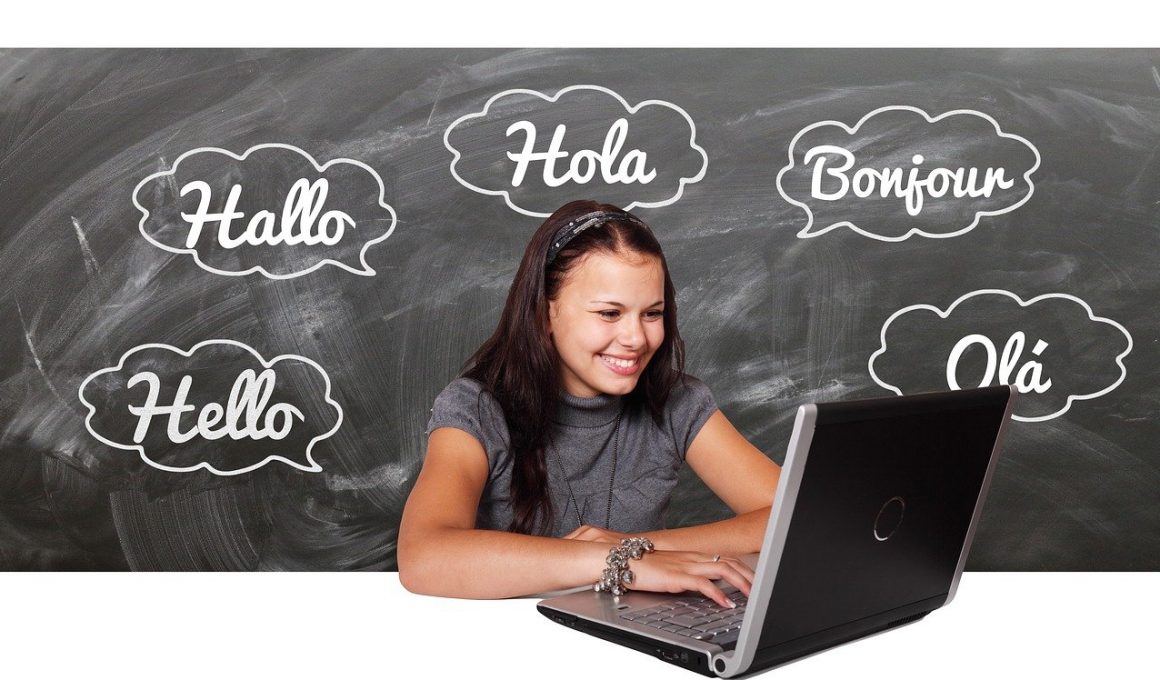Speaking a second language can open doors to new experiences, ideas, and opportunities. However, for all the benefits there are to being bilingual, very few people can speak more than one language. Although statistics can vary, around 43% of the world’s population could be described as bilingual. That means 57% of the world’s population can’t communicate in a language other than their own. When you look at English speakers specifically, such as those in the UK, this figure drops to 38% of the population. The good news is that becoming fluent in a different language doesn’t have to be hard. With the right techniques, you can unlock the wonders of a second language with relative ease. What techniques are we talking about? Let us explain…
Language Hack #1: If You Love It, You’ll Learn It
There’s no point trying to learn a second language if you’re not excited by it. Although it’s often said that learning a second language gets harder as you get older, this isn’t always true. A paper by Joshua K. Hartshorne et al found that adults can become “native-like” speakers if they’re suitably enthused and dedicated. Basically, even though it’s not as easy to learn a new language as you get older, you can become a fluent speaker if you enjoy what you’re doing. This means the easiest way to hack your learning abilities is to love the language you’re trying to master.
Language Hack #2: Immerse Yourself in a World of Sights and Sounds
Learning a second language isn’t just about learning a few words. Language is a key that unlocks a new culture. Therefore, a great way to hack your language learning skills is to immerse yourself in a different culture. Start watching movies in the language you’re trying to learn. Listen to music, visit native websites and social media pages to see what people are interested in. All of these things will help you understand the culture and, in turn, the language. For example, you may know that family is a big part of the culture. If that’s the case, a lot of phrases and colloquialisms are going to focus on this. Therefore, if you come across a sentence you don’t know, you may be able to work out what it means by thinking about this aspect of the local culture.
Language Hack #3: Talk, Talk, and Talk Some More
Another great way to become fluent in another language is to talk. As simple as that sounds, it really does help you find out where you’re strong and where you’re weak. The best people to talk to are native speakers and language experts. For example, if you’re trying to learn English, you can use the power of the internet to connect with a network of experienced tutors. These English language professionals will not only converse with you but point out areas for improvement and give you advice on how to sound natural. With video conferencing technology more accessible and reliable than ever before, talking to people and learning a new language online is easy.
Language Hack #4: Pump the Heart, Strengthen the Brain
Research shows that exercise not only stimulates the body but the mind. A 2017 study by Fengqin Liu et al found that “physical activity improves L2 (second language) learning not only at the specific level of training (i.e., lexical level), but also at a more general, untrained level of processing (i.e., sentence level).” Chinese participants were split into two groups and taught some English phrases. Those that were asked to study while riding an exercise bike retained more information than those who learned without exercising. Therefore, if you’re willing to burn some calories and study, it could help you learn a second language more efficiently.
Language Hack #5: Find a Passion and Explore It
The final language learning hack you can use to become a fluent speaker is to combine it with your own passions. So, if you’re a fan of soccer, start looking at news reports and video coverage of matches in the language you’re trying to learn. For example, if you want to learn Spanish, follow coverage of La Liga. As well as being interesting, this strategy gives you an anchor point. To put it another way, there will be names, faces, words, and phrases you’ll already be familiar with. This creates a foundation from which you can expand your vocabulary. If you can explore your interests in a second language and use the other techniques in this guide, becoming fluent in a foreign tongue will be a lot easier.






